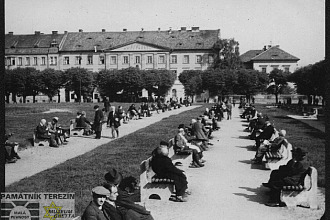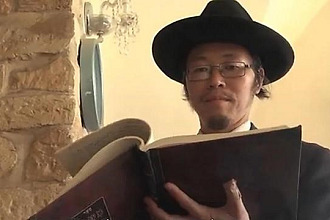At a recent conference at an American college campus in North Carolina, Palestinian rapper Tamer Nafar of the hip hop group DAM used the platform to voice an anti-Semitic, anti-Israel message to the conference attendees.
“This is my antisemitic song.I need your help, I cannot be antisemitic alone,” Algemeiner reported the young man as announcing to the audience. He was born in Lod, just southeast of Tel Aviv in Israel, produced several rap albums over the years in English, Arabic, and Hebrew, and has performed throughout Israel and Europe.
The conference, titled “Conflict in Gaza: People, Politics, and Possibilities,” held jointly by the University of North Carolina-Chapel Hill (UNC) and Duke University in March 2019 was promoted to the student body as a three-day exhibition to give students insights into the regional history and conflict in the Gaza Strip in the context of what is portrayed in American media, hear testimonies of some individuals who hail from that area, and exposure to regional food, music, culture, and art. Some of the panel discussions focused on local economy, women, children, the humanitarian crisis, Fatah, and international relations with Egypt, Israel, and the United States.
Funded by the American taxpayers via a $235,000 federal grant, the Conflict in Gaza conference was supposed to be academic in nature, and was sponsored by the UNC Center for Middle East and Islamic Studies and Duke-UNC Consortium for Middle East Studies, and co-sponsored by multiple other academic departments at UNC including the Chancellor’s Global Education Fund.
There are some reports of anti-Semitic posters appearing on the college campuses after the event, Voice4Israel of North Carolina reported. The posters are being investigated by campus police.
Duke University President Vincent Price and Provost Sally Kornbluth released a joint statement on the event, saying, “We want to be very clear: antisemitism is one of the great scourges of modern life. Its resurgence, as demonstrated by the worldwide increase in hate crimes and incidents, is deeply troubling and should be of great concern to any civil society.
“Whether it occurs on our campus, in our community, through graffiti, rallies, or concerts, in conference rooms or courtrooms, we must all speak out forcefully against actions and statements that target and threaten members of our Jewish community,” Duke University’s statement continued. “On our campus and beyond, the lines of politics, trust, activism and civility cannot become so blurred that we lose our commitment to mutual respect. We must guard against the danger that our passions obscure our common humanity, and we must remind ourselves that what injures any one of us injures us all.”
UNC Interim Chancellor Kevin Guskiewicz also issued a statement regarding the conference.
“Like many members of our community, I am heartbroken and deeply offended that this performance happened,” Guskiewicz said. “I stand steadfast against anti-Semitism and hate in all its forms. The Carolina spirit is not about hateful language that divides us, but about civil discourse that advances ideas and knowledge. We must continue to aspire together to that ideal.”
Written by Erin Parfet


























